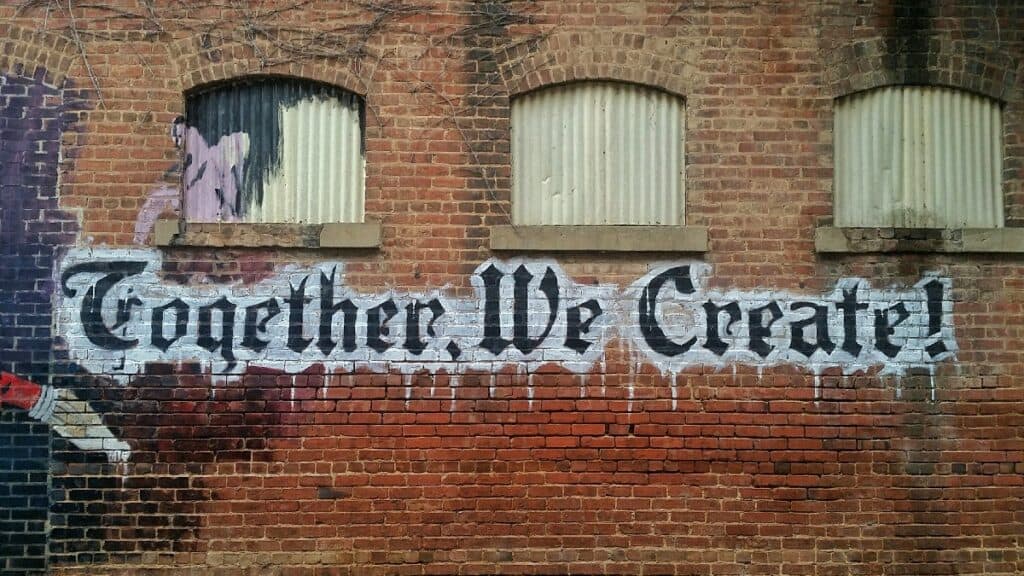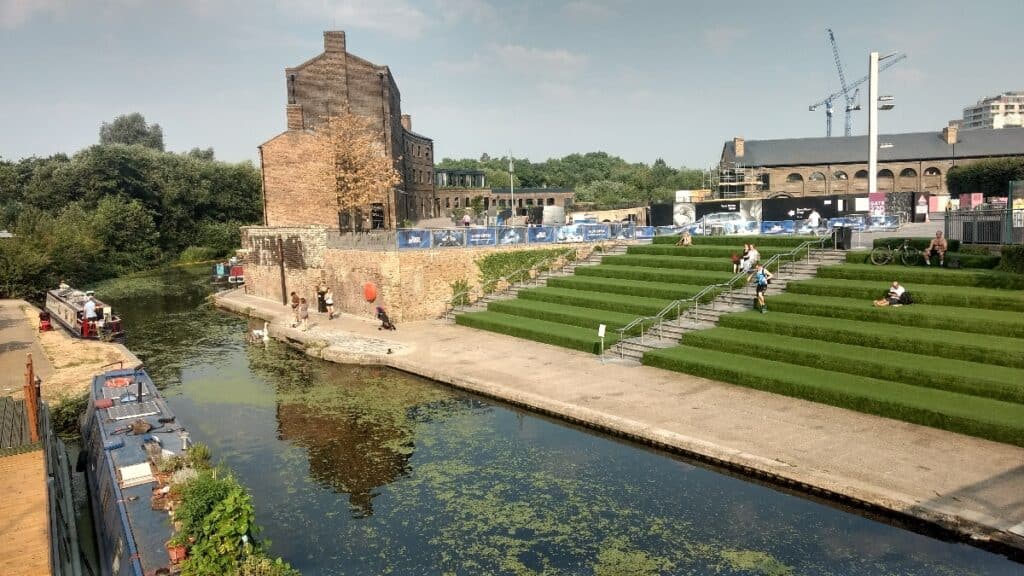project introduction
The Meaningful Cities project aims to better understand how urban dwellers and workers derive a sense of meaning and purpose from the places where they live and work.
It will do this by theorising and testing system-level elements of an infrastructure of meaningfulness.
areas of interest
Meaningful lives and work
Smart and sustainable
To inform, inspire and educate our audience
Equality and inclusion
Participation and voice
Governance and leadership
WHAT ARE MEANINGFUL CITIES?
Cities must address extensive ‘wicked problems’ related to environmental sustainability, inequalities, industrial decline, technological change and international competition. But a neglected dimension of urban development is how the human need for meaning shapes motivations and behaviour.
In recent years, many cities have focused on promoting smart and sustainable cities, but city administrators, corporate investors and socio-technical innovators have neglected the need of urban dwellers and workers to derive a sense of meaning and purpose from the places where they live and work.
City-level meaningfulness describes a moral, practical and institutional framework for co-creating positive meanings to mobilise socio-technical transitions and secure meaningful lives in the Anthropocene.
Successful urban transitions need to motivate all parts of the city system (governance, associational ecosystem and communities/citizens) to contribute to circular economy initiatives.

Meaningful cities highlight the strategic importance of narratives that express our need for meaning. Everyone needs to be involved in co-creating meanings and narratives that shape how they act and how they live their lives.
The ethical wealth of cities consists of those intangible assets of meanings, values and narratives that motivate people to join together in collective action.
WHy MEANINGFUL?
A consideration of meaningfulness can offer:
A sense of meaning in work and life is a factor in individual and collective resilience and well-being
Meaningfulness as a moral value can be used in practical reasoning, where people make meanings and reflect upon meanings to decide ‘what we ought to do’
Use of the moral value of meaningfulness to appraise meanings that arise from meaning-making processes to build knowledge, understanding and innovation, especially in strategic initiatives such as urban transitions
Design inclusive meaning-making processes to produce meaning-systems that underpin placemaking, place attachment and urban governance
Incorporate meanings into values, norms and narratives that help people to coordinate collective action
Develop an urban ethos using meanings that support solidarity, mutual aid, inclusiveness
originality
This project seeks to bring together the ethical value of meaningfulness with the philosophy of cities, urban studies, system ethics and information systems.
The idea of The Meaningful City is novel, offering considerable potential for generating conceptual innovation and new knowledge for addressing city challenges which demand an integration of the normative, social and technological (Yeoman, 2018).
Although smart and sustainable city solutions are understood to be vital to city development, scholars and practitioners identify that such solutions often fail to become rooted into habit and practice by disconnecting from the lives and aspirations of city dwellers and visitors.
The project’s theoretical contributions will stimulate academic discussion about the ethical basis of organising at a city level, if technological and sustainability initiatives are to change behaviour, including the moral purpose of the city and its relationship to city dwellers and visitors.
significance
Through the project activities, opportunities and challenges for smart city technologies and stakeholder involvement will be explored.
The project activities constitute an immediate basis for learning between the involved European cities, academics and practitioners.
The project provides practical insights into building an infrastructure of meaningfulness, as well as the relationship between cities/city regions and supply chains.
The findings can support the UNESCO aim of a city as a space for transformative learning which promotes individual empowerment, social inclusion, economic development and cultural prosperity, and sustainable development.
vision and objectives
Our vision is to investigate how to build ‘communities of meaning’ that go beyond purely technical and physical infrastructure.
We want to support stakeholders to establish the institutional foundation for creating diverse positive meaning- systems.
Our aims are to:
Promote rigorous academic research with real-life impact
Use participatory research techniques to foster capacity building of stakeholders/communities
Establish an inter-disciplinary scholarly network, including philosophy of the city; philosophy, psychology and economics of meaningfulness; public urban administration; sustainable and responsible innovation in socio-technical transitions; urban development; business management
